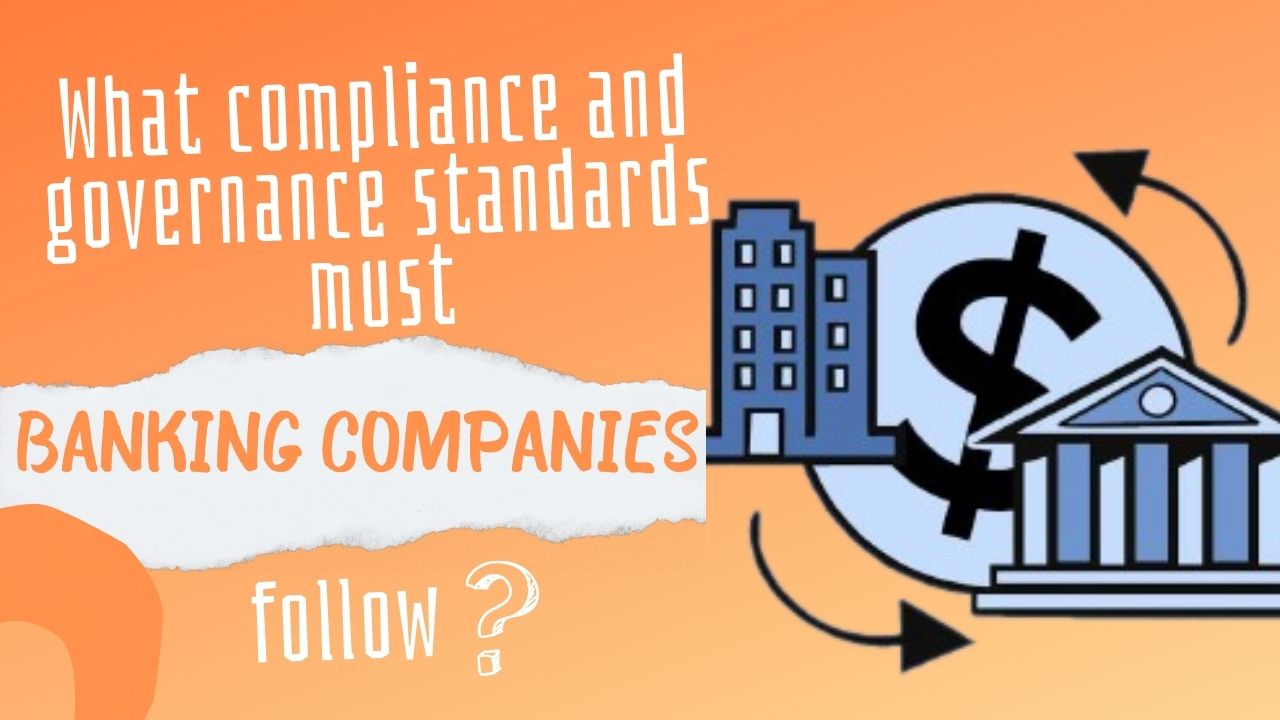
Compliance and Governance Standards in Banking Companies
1. Regulatory Compliance: Banking companies must adhere to various laws and regulations set by financial authorities, covering prudential rules, AML, KYC, and other financial industry regulations.
2. Capital Adequacy: Banks must maintain a minimum capital level as a percentage of risk-weighted assets for financial stability, often following international standards like Basel III.
3. Risk Management: Banking companies must implement robust risk management practices to identify, assess, and mitigate various types of risk, including credit risk, market risk, operational risk, and liquidity risk.
4. Anti-Money Laundering (AML): Banks need effective AML programs to prevent money laundering and must conduct customer due diligence, transaction monitoring, and report suspicious activities.
5. Know Your Customer (KYC): KYC procedures are vital for banks to verify customer identities and business relationships, reducing risks associated with money laundering and fraud.
6. Governance and Board Oversight: Banking companies require a strong governance structure with a board of directors overseeing operations, risk management, and regulatory compliance.
7. Customer Protection: Banks are expected to protect the interests of their customers by providing fair and transparent services, ensuring the safety of customer deposits, and adhering to consumer protection laws.
8. Market Conduct: Banking companies must uphold market conduct and ethical standards, refraining from activities like market manipulation, insider trading, and fraud.
9. Data Security and Privacy: Banks must safeguard the security and privacy of customer data and financial information to prevent the serious consequences of data breaches and cyberattacks.
10. Reporting and Disclosure: Banking companies must prepare and submit regulatory reports covering financial performance, capital adequacy, asset quality, and market risk to the financial regulatory authority.
11. Stress Testing: Banking companies may be required to conduct stress tests to assess their ability to withstand adverse economic conditions and financial shocks.
12. Capital Planning: Develop and maintain a capital planning process to ensure that the bank can meet its capital adequacy requirements and cover potential losses.
13. Internal Controls: Establish strong internal control mechanisms to ensure accurate financial reporting and operational efficiency.
14. Ethical Conduct and Code of Ethics: Banks should have a code of ethics that outlines ethical conduct, conflict of interest policies, and mechanisms for addressing ethical violations.
15. Consumer Complaint Handling: Develop processes for addressing and resolving consumer complaints and grievances.
16. Regulatory Examination: Banks must be prepared for regulatory examinations and audits conducted by the financial regulatory authority to ensure compliance with regulations and industry standards.
17. Whistleblower Protections: Provide mechanisms for employees and other stakeholders to report unethical or illegal activities without fear of retaliation.
18. Crisis Management and Resolution Planning: Develop plans for managing crises, including financial stress or insolvency, and resolutions for addressing potential financial distress.
© 2020 CREDENCE CORPORATE SOLUTIONS PVT. LTD. | Website by Wits Digtal Pvt. Ltd.
Leave a Comment